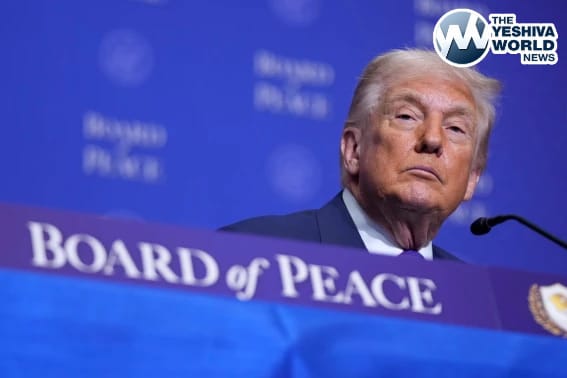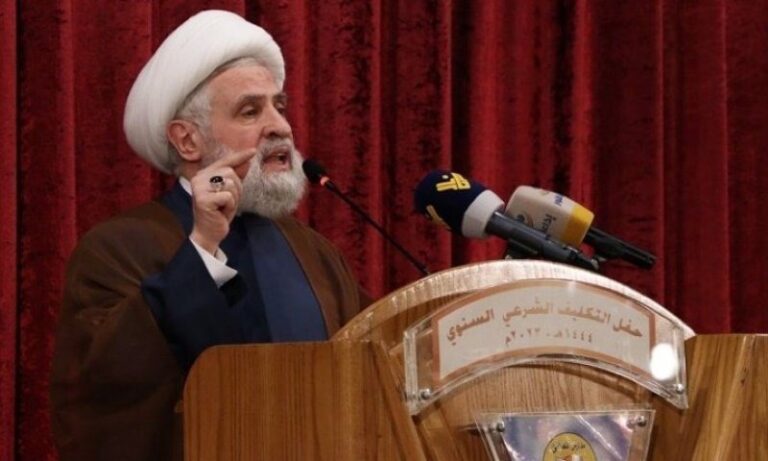 The Arab bloc earned 13 seats in the elections for 20th Knesset, giving the Arab sector three additional seats as compared to the outgoing 19th Knesset.
The Arab bloc earned 13 seats in the elections for 20th Knesset, giving the Arab sector three additional seats as compared to the outgoing 19th Knesset.
Arab community leaders launched an unprecedented effort to get Israeli Arabs out to vote, and they were successful to some degree. The goal set by the campaign leaders was 15 seats.
As part of their effort to get voters out on Election Day, university students studying in Jordan were brought home at no expense to students and many Israeli Arabs who attend college in a PA (Palestinian Authority) area were bused into Green Line Israel on Election Day to vote.
However, despite the significant gain, the parties that make up the Arab bloc; Hadash, Ra’am-Ta’al and Balad are as divided regarding entering a coalition government as Neturei Karta and Agudas Yisrael l’havdil.
The Balad party takes its orders from Azmi Bishara, the former Member of Knesset and Hizbullah-aligned terrorist who fled Israel before being arrested. He opposes entering any Zionist coalition, which means even joining a coalition headed by Labor party leader Yitzchak Herzog. The same is true of the Ra’am-Ta’al party, which is more Islamic radical. That said, MK Dr. Ahmed Tibi (Ra’am-Ta’al) might be willing to enter a coalition since he personally has the parliamentary experience to understand he can better push the Arab community’s agenda from within.
In reality, the Hadash party remains alone in its willingness to join a left-wing coalition, but with Likud pulling 30 seats, exceeding all predictions, it is a moot point since PM Binyamin Netanyahu is almost certain to receive the presidential mandate and he will not be including the Arabs in any coalition.
(The number of seats may fluctuate. The Central Election Committee states the final numbers will be released Thursday morning, 28 Adar).
(YWN – Israel Desk, Jerusalem)











5 Responses
All Israeli Jewish political parties have to address the growth of the Palestinian Arab population within the borders of the State of Israel, especially if there is no plan for Arabs to have their own state (other than Jordan, Egypt, Syria and Lebanon, and the Arab states that do not border Israel). The issue is not going away, and the US and other supporters of Israel cannot be counted on to support a State of Israel that does not include its Arab residents in the democratic process.
Not able to work together isn’t necessarily in our advantage, since it may result in a coalition relying on support from hard core secularists who are actively trying to destroy the hareidi community.
The large Arab contigent ought to be cultivated by UTJ.
They are going to be sorely needed as allies in the coming onslaught on Family values
contingent
Let them fight till theyre down to 0 seats